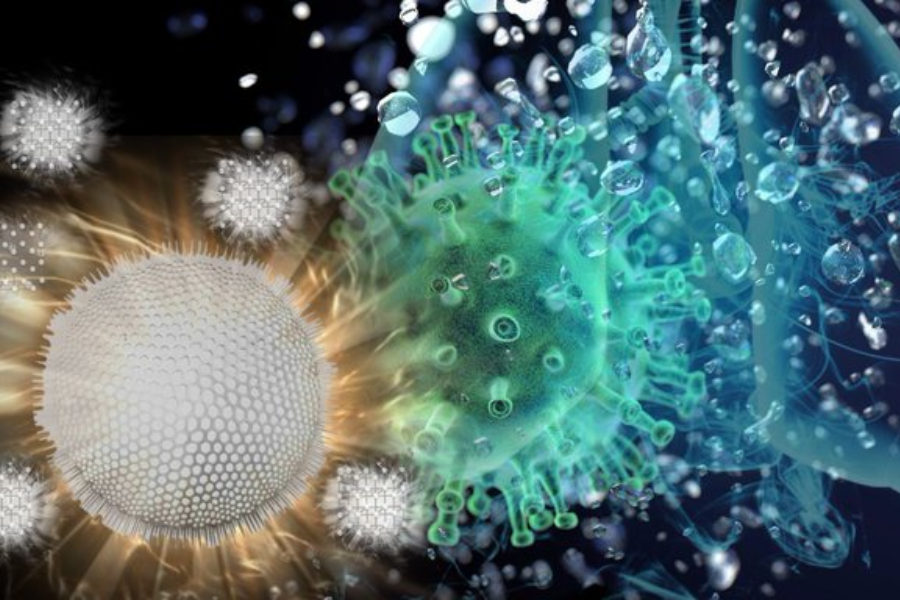MOFs, an innovative ‘shield’ to fight COVID
The global pandemic of COVID-19, caused by the severe acute respiratory syndrome coronavirus 2 (SARS-CoV-2), has had an enormous social and economic impact worldwide, making it imperative to design new therapies to combat its spread.
In this context, several cutting-edge nanotechnologies have become promising tools to treat infectious diseases such as COVID. So far, the scientific community has moved towards antiviral prophylaxis, focusing on state-of-the-art nanovaccines such as messenger RNA vaccines, whose reliability has been demonstrated through more than 13 million doses administered since 2019.
It has been observed that the highest anti-COVID-19 activities have been achieved by different metal-based complexes and/or nanoparticles. Among the most studied emerging nanomedicines, metal-organic frameworks (MOFs) have attracted much attention in various areas (catalysis, separation, gases, etc.), including biomedicine as effective drug delivery systems. This new class of nano-scale biomaterials offers several advantages such as chemical and structural versatility, controlled release of active ingredients (e.g. drugs, nucleic acids, enzymes) under physiological conditions as well as the absence of proven toxicity in vitro and/or in vivo (e.g. cells, rodents, fish). However, despite all these favourable characteristics observed and the therapeutic results previously achieved with other pathologies (e.g. cancer, diabetes, or even wound healing), MOFs have not been investigated in depth for antiviral purposes, let alone to combat COVID-19.
In this context, researchers from the Advanced Porous Materials Unit have presented, in the framework of the VirMOF project, a pioneering approach based on anti-COVID MOFs, evaluating their potential as agents with intrinsic and innocuous antiviral activity. The biocompatible profile of several metallic nanoMOFs has been demonstrated with an effectiveness of up to 90% viral killing in a human cell scenario.
This is the first research that demonstrates the innate role of nanoMOFs against a real infection scenario and paves the way for future preclinical and clinical research for the treatment of COVID or other challenging infectious diseases related to lung pathologies.



